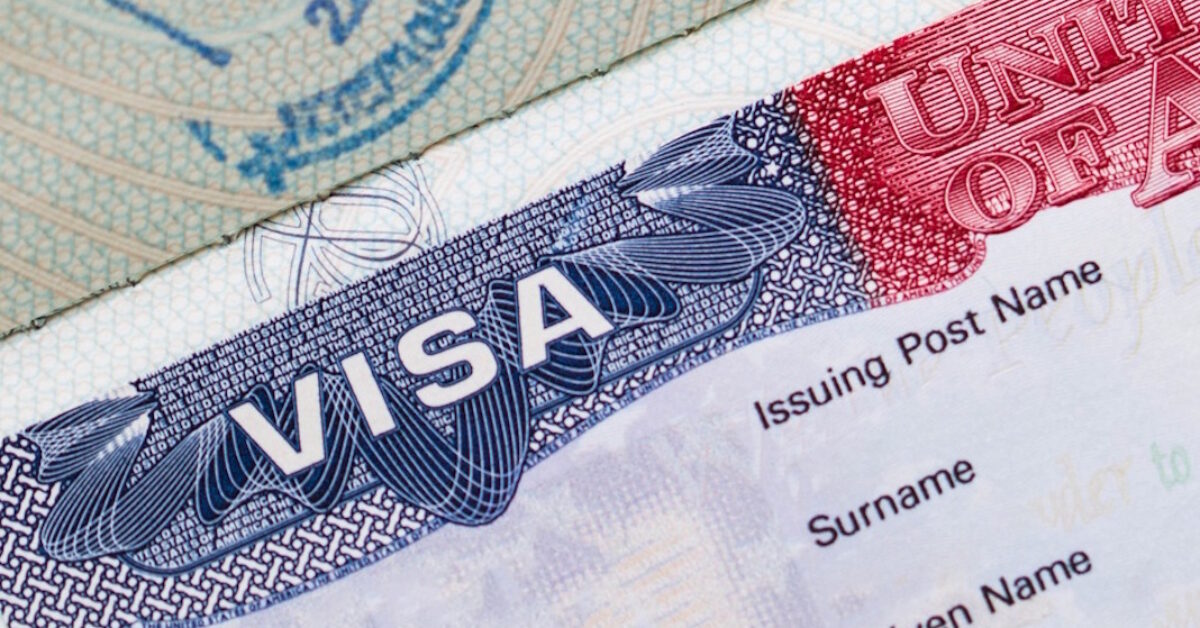The news caught everyone by surprise, including immigration lawyers, who received many calls from panicked clients. French expats to the U.S. were shocked by the Trump administration’s decision to shorten the maximum validity of E-1 and E-2 visas for investors, entrepreneurs and other individuals involved in trade between France and the United States from sixty months (5 years) to fifteen months (1.25 years). Only the French are affected by this sudden change, which should go into effect for applications filed on or after August 29.
Given its timing, this shortening could easily be attributed to the current trade tensions between the two countries, triggered by the French “Gafa” tax, which affects several American digital giants. In reality, the rule change stems from the controversial Presidential Decree 13780 signed by Donald Trump in March 2017. The decree, which had caused considerable controversy because it introduced a ban on entry to the country for nationals of seven Muslim-majority countries, “required the Department of State to undertake a worldwide review of nonimmigrant visa reciprocity agreements and arrangements,” the State Department told French Morning on Wednesday, August 21. “During that review, the Department of State noted discrepancies between France’s visa regime and that of the United States.”
The United States has therefore realigned its visa under the principle of reciprocity. This principle, which is enshrined by law, requires that U.S. policy on visa fees and lengths be based on the partner country’s policy towards American visitors using similar visas. “Given that France was unable to change its visa regime, the United States was required by law to reduce validity to match France’s practices,” summarized the State Department.
The French Embassy in the United States states that the instructions on French visas for foreign investors have not been modified and highlights the difference in the conditions of visa allocation between the two countries. Investors or business creators who want to set up in France for long stays (more than three months) must apply for a “long-stay visa equivalent to a residence permit (VLS-TS)”, then a residence permit of between one and four years depending on the role of the applicant (investor, company founder, skilled employee, etc.).
According to the “Welcome to France” page of Business France, a group that promotes France’s economy, this long-stay visa that is equivalent to a residence permit, “authorizes the applicant’s entry into France but also their residence for a period of more than 3 months and less than 12 months, without requesting a residence permit.”
It is possible that the U.S. authorities added the minimum length of the two documents (visas and residence permits), respectively three and twelve months, to establish the new duration of the 15-month E visas, but this has not been confirmed by the State Department. The validity period for the visa that the U.S. has chosen has only continued to raise more questions.






